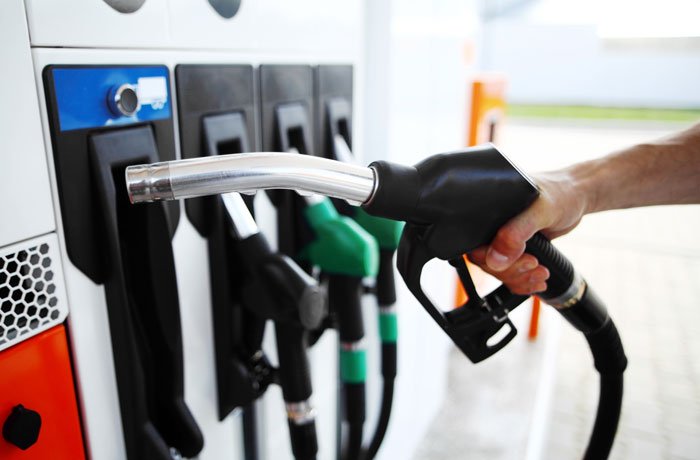The Federal Government has announced that it will no longer release guiding price bands for the sale of petrol at filling stations.
The Petroleum Products Pricing Regulatory Agency (PPPRA) had earlier commenced what it called a petrol pricing regime, whereby it releases bands showing upper and lower limits for the pump price of petrol monthly.
It released petrol price bands for about three months although some operators faulted the decision as they claimed it did not speak well of a deregulated downstream oil sector.
The PPPRA, however, did not issue price guidelines for the months of August and September but declared on Tuesday that it would not provide such guiding prices anymore, adding that full deregulation was now in force.
Responding to questions from journalists during a briefing at the headquarters of the agency, the Executive Secretary, Abdulkadir Saidu, stated that going forward, petrol price would be determined by the forces of demand and supply and the international cost of crude oil.
He, however, noted that the role of the agency would be to ensure that oil marketers do not profiteer, as every petrol dealer was, henceforth, free to source for the product and fix their prices.
“This, however, must be in accordance with our code of conduct because as the regulator, it is our duty to protect the consumer and operators must abide by our codes,” Saidu stated.
The PPPRA boss, who was represented by the agency’s General Manager, Administration and Human Resources, Victor Shidok, also confirmed that oil marketers were not importing petrol because of the scarcity of foreign exchange.
He stated that petrol importation into Nigeria was solely done by the Pipelines Product Marketing Company, a subsidiary of the Nigerian National Petroleum Corporation.
Saidu said the price of petrol was also dependent on where the importer sourced the product from, adding that the cost of the commodity had been rising due to this despite the seeming stability in crude oil prices for about three months.
READ ALSO: Petrol, electricity in Nigeria among the cheapest in Africa- FG
He noted that based on this and the deregulation of the downstream sector, the PPPRA would no more be involved in price-fixing.
“The PPPRA remains a regulator in the downstream sector of the oil industry, but the difference now is that we do not indicate that this is the price that you must sell because if you do that, it is price-fixing,” Saidu said.
On whether the PPMC was now the sole determiner of petrol price being the only importer of the commodity, the regulator insisted that other marketers were free to also import petrol.
He explained that the PPMC was also a marketer, adding that despite being a subsidiary of the NNPC, the pipelines product marketing firm would someday stand alone as an independent dealer in the downstream oil business.
Saidu, however, could not provide the details of the elements that made up the cost of a litre of petrol, as was usually published in the pricing templates of the PPPRA some months ago.
After repeatedly asked to give a breakdown of the unit cost of the components that made up the price of a litre of petrol, the PPPRA boss maintained his argument that the downstream sector had been deregulated and as such petrol prices would differ.
Last week, the Minister of State for Petroleum Resources, Chief Timipre Sylva, said plans to merge the PPPRA and the Petroleum Equalisation Fund into one agency called “The Authority,” had reached an advanced stage.













